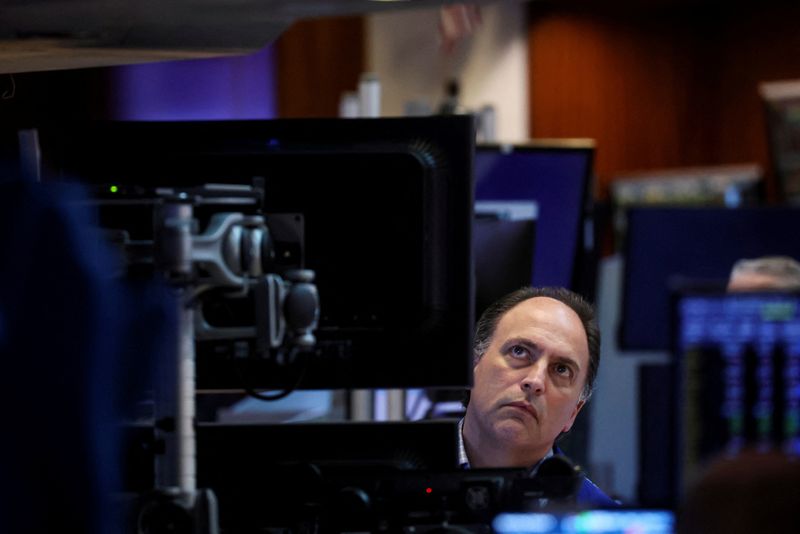How are energy investors positioned?
By Noreen Burke
Investing.com -- With the Federal Reserve firmly committed to raising interest rates to tame inflation, even at the cost of a decline in economic growth, investors will be focusing on Friday’s August jobs report for an indication of strength in the labor market. U.S. equity market investors will continue to reposition after Friday’s steep selloff, which erased all of August’s modest gains. The Eurozone is to publish what will be closely watched inflation data, as European Central Bank officials make the case for a big rate hike next month. Meanwhile, Chinese PMI data is expected to point to ongoing weakness in the world’s number two economy. Here’s what you need to know to start your week.
- Nonfarm payrolls
The final employment report before the Fed’s September 20-21 meeting will be keenly anticipated by market watchers trying to figure out whether the central bank can pull off an economic slowdown without triggering a recession as it battles to tame inflation.
The risk of a recession has increased as the Fed aggressively hikes rates, weighing on consumer demand and the housing market. The U.S. central bank has hiked its policy rate 225 basis points since March.
While some areas of the economy are cooling the labor market has so far remained robust. In July, the economy added 528,000 jobs, the biggest increase since February.
Economists are expecting the economy to have added 285,000 jobs in August. The unemployment rate is expected to hold steady at a five-decade low of 3.5% while average hourly earnings are forecast to increase solidly.
- Other data
Ahead of Friday’s jobs data the U.S. is set to release a report on JOLTs Job Openings for July on Tuesday, with economists expecting job openings to remain high, pointing towards still solid demand in the labor market.
The newly revamped ADP nonfarm payrolls report, which covers private sector hiring, is due out on Wednesday and will include new data on both employment and wage growth. This will be followed on Thursday by the weekly figures on initial jobless claims.
The economic calendar also features the Institute for Supply Management’s manufacturing index for August as well as an update on consumer confidence from the Conference Board.
- Stock market volatility
Wall Street ended Friday with all three benchmarks down more than 3% as investors absorbed Fed Chair Jerome Powell’s Jackson Hole speech.
The S&P 500 was in a bear market after plunging in the first half of the year as investors priced in aggressive Fed rate hikes, but the index has rebounded since June, recouping half its losses for the year.
The rebound has been fueled by a combination of strong corporate earnings and optimism that inflation may have peaked, which would allow the Fed to slow rate hikes.
But with hopes of a dovish pivot from the Fed now on ice, markets could be in for a bumpy ride going into September.
- Eurozone CPI
The Eurozone is to release CPI figures for August on Wednesday with annual inflation expected to accelerate to 9.0% from 8.9% in July, well above the ECB’s 2% target.
The data will likely add to pressure on the ECB to hike rates aggressively at its upcoming September meeting even amid the mounting risk of a recession.
The ECB hiked rates by 0.5% in July and a similar or larger increase is expected next month, partially because of soaring inflation and partially because the Fed is also delivering large hikes.
Speaking in Jackson Hole on Saturday ECB board member Isabel Schnabel, French Central Bank chief François Villeroy de Galhau and Latvian central bank Governor Mārtiņš Kazāks all argued for forceful or significant policy action to address uncomfortably high inflation.
- China PMIs
China is to publish official PMI data for August on Wednesday after an unexpected contraction in business activity in July triggered by clampdowns under China's draconian zero-COVID policies.
The Caixin private sector PMI is due to be released the following day and is also at risk of slipping into contraction territory.
This is not the only challenge facing the Chinese economy - the ongoing property crisis in China has already hit consumer and business confidence while a record heatwave is expected to hit the agricultural sector.
China’s central bank has cut lending rates in recent weeks to help shore up growth and the government last week announced measures to strengthen the labor market.
--Reuters contributed to this report
